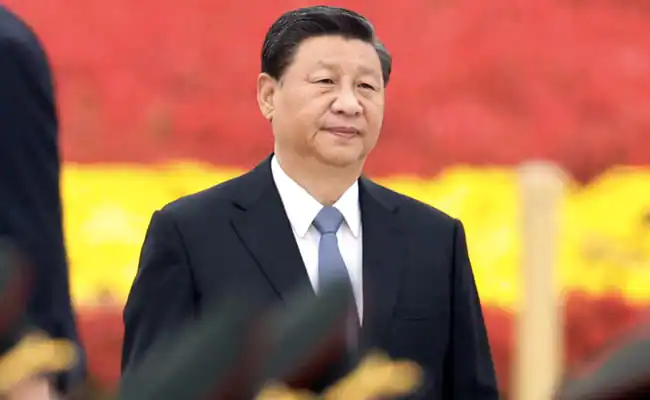The construction of the China-Kyrgyzstan-Uzbekistan (CKU) railway project is likely to provide China with a shorter route to Europe while bypassing a sanctions-hit Russia as China succeeded in bringing Kyrgyzstan on board after years.
The project is expected to effect a change in the flow of trade traffic through Russian territory, impacting its influence in Central Asia as the project is designed to provide China with access to the markets of Southeast and West Asia, as well as the Middle East through Central Asia, according to Geopolitica Info.
According to Kyrgyz Transport Minister Erkinbek Osoyev, the 280-kilometre route in his country will cost USD 4.1 billion, to be funded either via direct investment or public-private partnership.
Moreover, the construction of the CKU railway and the influx of Chinese goods could also lead to competition for Russian exports.
The current debt of Kyrgyzstan is approximately USD 4.8 billion of which around USD 1.8 billion is owed to China and only 19 per cent of people in Kyrgyzstan strongly support Chinese investment in energy and infrastructure projects, while 31 per cent strongly oppose the same, Geopolitica Info reported citing the recent Central Asia Barometer (CAB) survey.
At the SCO summit held in Tashkent in 2004, China announced that it would allocate USD 900 million in loans to member countries. This figure was increased to USD 10 billion USD at the SCO summit in 2009. Since then, the Central Asian countries continue to borrow from China.
According to experts, Beijing has further motives for giving loans to Central Asian countries: Firstly, it gains a share in the vast Central Asian markets and access to their energy resources. Secondly, Beijing gets the contracts for the projects awarded to Chinese companies.
China’s loans have specific objectives. Beijing offers loans only for those projects that allow the expansion of markets for Chinese products and the transfer of wealth.
In Central Asia, it has mainly allocated loans for oil and gas transportation, energy resource development, mining activities and infrastructure projects. A mandatory requirement of the lending is allowing the participation of Chinese companies in the realization of these projects, reported Fabbri.
The three lending institutions of China that offer loans in Central Asia are the People’s Bank of China, the Export-Import Bank of China and the China Development Bank.
Major recipients of the loans from these banks are Kazakhstan and Turkmenistan, the two Central Asia countries richest in oil and gas. It is no surprise that Beijing also looks to exploit the economic vulnerabilities of a country.
For example, when Kazakhstan was facing an economic crisis, China allocated USD 5 billion of funding to this country, and about USD 3.5 billion of this amount was spent on clearing the debt of technical equipment purchased from China in previous years, reported Geopolitica.info.
However, in the recent past, Kazakhstan-China economic relations have come under duress. In September 2021, Beijing created serious obstacles to importing and exporting Kazakhstan’s goods. This had a negative impact on Kazakhstan’s economy.

